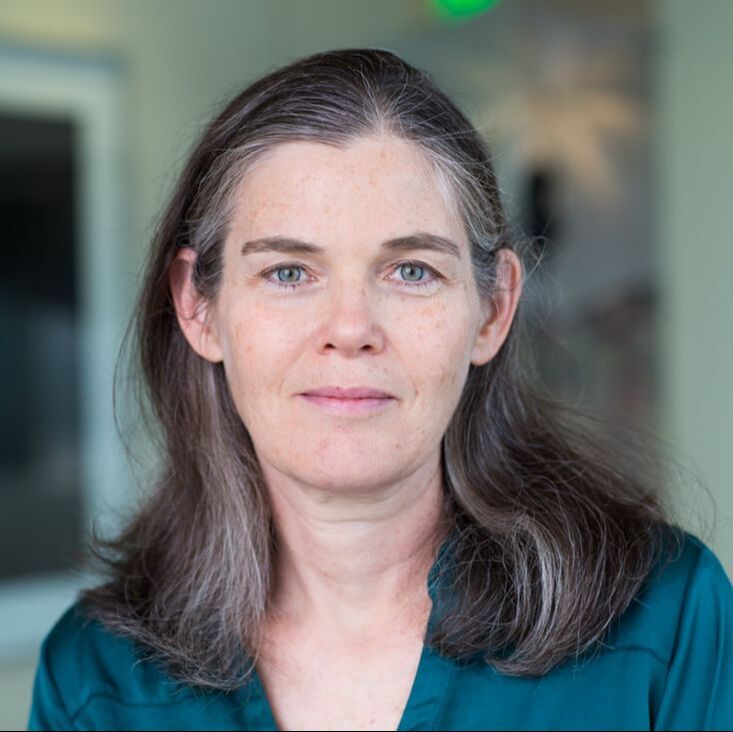Venture Description
Coursera is a platform for Massive Open Online Courses (MOOCs) that offers a wide range of courses, specializations, professional certificates, and online degrees from top universities and industry experts. It aims to provide high-quality education and skill development opportunities to global learners, which includes individuals, businesses, universities, and governments. Coursera’s primary products and services include self-paced online courses, interactive learning experiences, hands-on projects, and asynchronous assessments. The original value proposition of Coursera was to make education accessible to anyone, anywhere, and at any time, breaking down the barriers of traditional education systems and offering flexible learning options.
Founder Biography
Andrew Ng and Daphne Koller co-founded Coursera. Andrew Ng, an artificial intelligence (AI) expert, and Daphne Koller, a computer scientist specializing in machine learning and probabilistic modeling. I will focus on Daphne Koller in consideration of length.
Daphne Koller is a renowned computer scientist and educator. She has a distinguished academic background, having been a professor at Stanford University and a recipient of the MacArthur Fellowship. Koller’s expertise lies in areas such as machine learning, probabilistic modeling, and data analysis. Her contributions to these fields have been highly influential. As an entrepreneur, Koller’s motivation stems from her belief in the power of technology to enhance education and improve learning outcomes on a global scale. Her leadership and insights have played a crucial role in shaping Coursera’s vision and driving its mission forward.
Reflection
Analyzing the entrepreneurial journey of Daphne Koller and the impact of Coursera reinforces the significance of combining academic expertise, innovation, and a strong entrepreneurial mindset. Koller’s background as a renowned computer scientist and educator contributes significantly to the success in the educational technology venture. She was keen to lead positive change in the future of education at the time when she first founded Coursera, and believed in the potential of online learning platforms and enforced positive changes in the online education realm. Reflecting on this analysis, it further emphasizes the need for a compelling vision, strong expertise, and effective leadership to create a meaningful impact in the entrepreneurial space.

Koller’s combination of motivation and background makes her a good role model for an entrepreneur stepping into the learning tech space. Her areas of expertise naturally fit into what Coursera has become as a platform and her underlying motivations to leverage a global market all appear tailor made for the venture. Even with Coursera (2012) being a little bit later to the market than its competitors like Udemy (2010), it has a significantly higher number of users, myself included.
One clear separation for Koller is her credentials. Receiving the MacArthur Fellowship, which I know from watching the Big Bang Theory that it’s also called the “MacArthur Genius Grant”, is given out to only a select number of people each year. If we are thinking of entrepreneurs in this space as people “just like us”, Koller may not fit that description because on paper she is extraordinary.
I am a big fan of Coursera versus other MOOCs (like Udemy) because their courses and course instructors present a more professional and engaging material. Their courses do not have the same business model as Udemy for example that seems to prioritize quantity over quality. So learning about the vision and leaders of Coursera track with my personal experience with their courses. I think that both founders, and especially Ms Koller, are well-positioned to tackle a very timely and growing topic of learning about ML/AI.
What I find most remarkable about this story is the powerful combination of expertise the founders brought together. It wasn’t just tech knowledge, or just education experience, or just business experience—it was the synergy of all three that created a true dream team. And perhaps even more important, it shows that entrepreneurship doesn’t have to be a solo-journey. How many great ideas never take off simply because people feel they have to do it all themselves? Stories like this remind me of the value of collaboration and complementary strengths.
I’m also deeply inspired by ventures that succeed with a mission to democratize education and expand access to quality content. Cases like Coursera are what make me genuinely excited about the possibilities that technology brings to education.
What I also find very interesting is how Coursera identified a precise moment of market-readiness. Accesibility to broadband, mobile devices, and growing interest from universities in online, made it the perfect time for a platform like this to scale.
One of the key takeaways for me, especially in the context of this course, is that having a good idea is not enough. The success of Coursera lies in how the founders executed their vision through strategic alliances, credibility in academia and tech, and the ability to build a viable platform that attracted both learners and institutions.